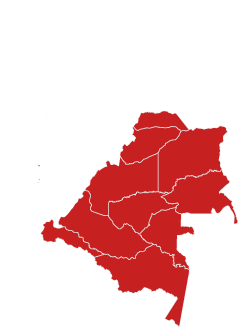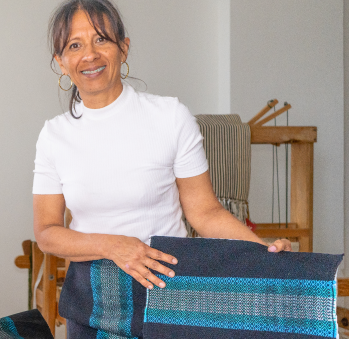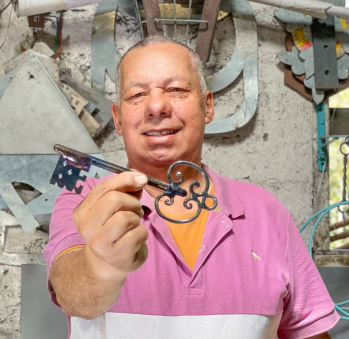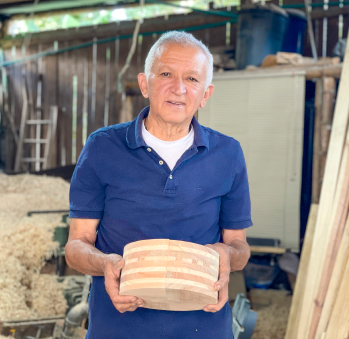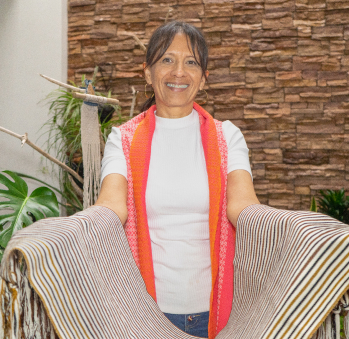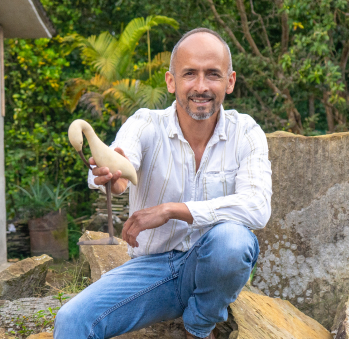María de los Ángeles Vásquez
Workshop: Amedé/Asotelares (Asociación de telaristas del cauca)
Craft: Weaving
Trail: Cauca Heritage Route
Location: Popayán, Cauca
SCHEDULE YOUR VISIT
cra 18 # 19 bn 34 Popayán, Cauca
3214273718
asotelares.cauca@gmail.com
@asotelares
Even though she has been weaving for a short period of time, Maria de los Ángeles Vásquez instantly knew that this trade was her life vocation. She has done everything that is necessary to feel she is at the same level of those who have the mastery of wool in their veins. Thus, with discipline and passion, she has made a place for herself in Popayán’s weaving industry. From her workshop and the organization that she founded with some colleagues, Cauca’s Loomist Association, Asotelares, she has built a project that has also become a refuge for them. She says that the five looms they work with have become the best therapy for joy, and she treasures the company of the women who devote themselves to weaving. If, in addition to feeling good, you also produce beautiful garments, what more could you even ask for?
She was born in Cali but has lived in the white city since she was a child. She remembers that, looking for a better future, her parents migrated from Huila, passed through Cali, and ended up settling in Popayán. This city is her home. She got married there and, today, it is her children’s land. She also started studying civil engineering, but she did not graduate. When her children grew up, she went back to school, but, since the university told her she had to start the program all over again, she decided to look for another future. And it just so happens she found it in craftsmanship. She felt it was her calling. Even if it wasn’t so clear at the time, it ended up being just that. Among the looms, she found the abstract healing power that making beautiful things has. Nowadays, she is on the other side, and she knows the journey she has been through. She had a very bad time living in her relationship and the many forms of violence she went through made her shut off. But now, she has turned on again and she radiates pure joy and energy.
While she was studying weaving, she came across the cultural richness of her region. She discovered the tradition that is tied to the indigenous communities of her land, the Paeces and Misaks, and was fascinated by their stories and symbolism. It alarmed her to find out that much of the textile knowledge is in danger of disappearing if it is not preserved. With that in mind, she embarked on a crusade to safeguard the ancestral crafts. She researched the complete chain of production but focused on the importance of sheep breeding, (and everything that goes with it, shearing, warping, spinning) so that this knowledge is not forever lost. Today, they are the essential suppliers of raw material for Cauca’s weavings. She also celebrates the traditional uses and weavings, which is why she is happy to know that soon a guanga, a type of vertical loom that reflects the indigenous practice of tying it to the waist for weaving, will arrive to the workshop.
She knows that it is important to explore and use synthetic materials or mix up products like jean cloths or other kinds of fabrics and accessories to create the garments that they offer to the public. She is convinced that innovation only begins when you have mastered what tradition can teach you. That is how she has done it and how she will continue to do it. She likes people to see them weave so that they realize the immense work that lies behind each upholstery for furniture, cushions, table runners, foots of bed, blankets, vests, cardigans, scarves, shawls, or mochila bags. They make all of these wares in their workshop. It is a magical place. It was baptized as Amedé. The name is made up of a pair of acronyms that mean “Help Among Women” and the accent at the end represents the moon, a symbol of the feminine cycles. The results have not been long in coming. They are participating in artisan meetings such as “Manos de Oro” and are being represented by a fair-trade platform called Just. So, even if they have been around for only a short time, they have a big future ahead of them.
Craft








Artisans along the way
Artisans along the way
No puede copiar contenido de esta página

